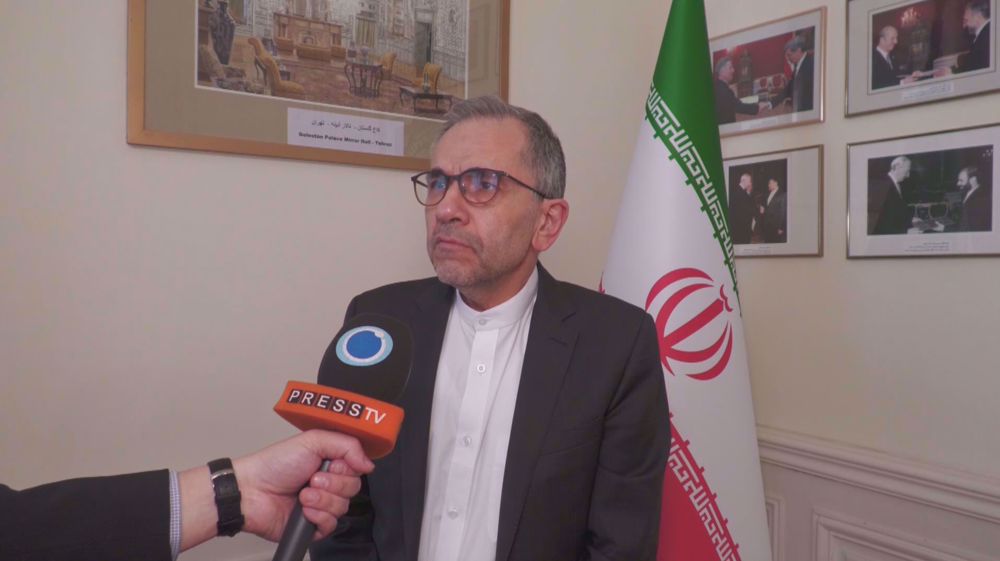'Trump seeking popular support with TPP withdrawal'
Only three days into his term as the US president, Donald Trump moved to fulfill one of his campaign promises. He signed a directive for withdrawing the US from the key Trans-Pacific Partnership trade deal. The agreement, known as TPP, was signed last year among 12 nations that represent 40 percent of the global economy. The pact was awaiting the Senate approval before implementation. Trump says the move is meant to protect American workers. But the US president’s protectionist policies have raised international concerns.
Talking to Press TV, Jack Rasmus, an author and lecturer, said that Trump’s withdrawal from the Trans-Pacific Partnership signifies that he pursues a bilateral mechanism in his trade strategy.
In other words, he prefers to renegotiate the agreements one by one rather than sticking to multilateral deals such as TPP or NAFTA, as part of his attempts to gain a higher level of popular support, the analyst said.
“He is going to keep his base interested and connected to him because he has clearly realized that he is going to have some struggle with ruling elites involved in both parties in the US Congress and in the media,” Rasmus said, predicting that Trump would soon issue more executive orders in other controversial areas, including Obamacare and immigrants.
Asked whether or not Trump’s opposition to multilateral trade deals serves the interests of the American nation, he replied that "certainly multilateral deals aren’t good for the American workers who have suffered severely because of them. They were good for multinational corporations that were involved in these deals. Not so great for small and medium businesses in the US who want to involve in international commerce. So, you can’t say good for the US, you can say who in the US it was good for.”
As a candidate, Trump had been arguing that free trade agreements, such as TPP, were biased against the US and harmful to American workers and manufacturers. He promised to implement more protectionist trade policies as president.
TPP was negotiated under former president Barack Obama, but was never ratified by Congress as it faced stiff opposition from Republicans and some Democrats.

Press TV interviews Iran deputy FM on nuclear program, sanctions relief

The price we paid for freedom

ICC's arrest warrant for Netanyahu to worry Western politicians: Former British diplomat
India downgrades ties with Pakistan after deadly Kashmir attack
Iran’s steel output up 3.7% y/y to 3.3 million mt in March
There is good chance that US and Iran can reach an agreement: Veteran diplomat
VIDEO | Yemen faces environmental crisis due to oil spill caused by US strike
Israeli forces murder minor, critically injure young Palestinian during West Bank raids
Yemen's president orders nationwide ban on all US products
France detains Iranian journalist amid crackdown on pro-Palestinian voices
VIDEO | Digital censorship amid aggression: Google disables Street View in West Bank






 This makes it easy to access the Press TV website
This makes it easy to access the Press TV website